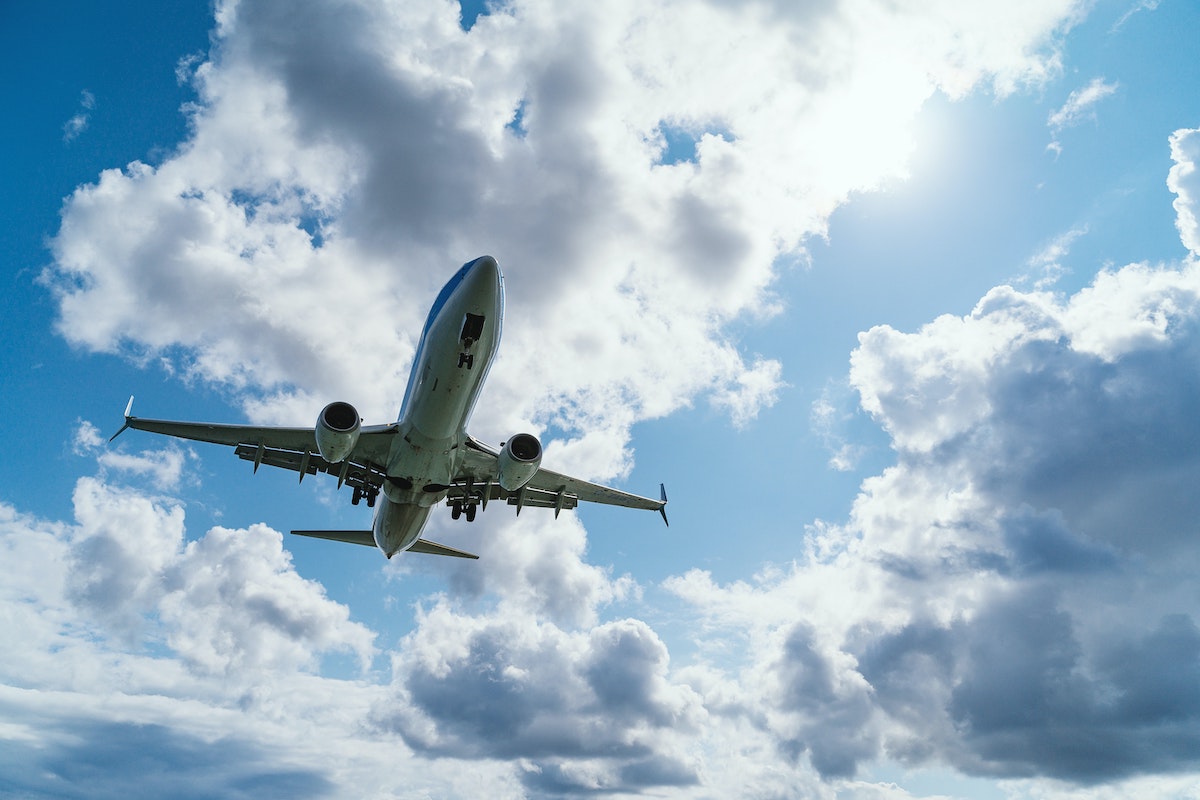
10 Simple Tasks to Take Care of Before Travel
By: Kim Dreese / Sarah Stone
Skip to Section
Article Summary
You might think you’ve got travel handled, but these overlooked basics can still trip you up—from fried electronics to a locked bank account or a broken fridge back home.
This list cuts through the noise and covers practical steps to take before, during, and after your trip so you don’t get stranded, pickpocketed, or come home to a disaster. It’s written from real experience, including lessons learned the hard way.
- Let your bank know you’re traveling so your cards don’t get frozen mid-trip.
- Pack a power converter and adapter for international outlets to avoid ruining your electronics.
- Keep essentials in a carry-on and use a theft-resistant pouch for documents and money.
- Clean your home, unplug electronics, and prep for delays to avoid chaos when you return.
- Always bring tissues—you’ll thank yourself in the first pay-to-pee bathroom.
Even the most savvy of us occasionally can forget some fundamentals of smart travel. After venturing abroad several times, I found the following tips prove to be the most useful regardless of where my journeys take me!
1: Let Your Bank Know About Your Trip
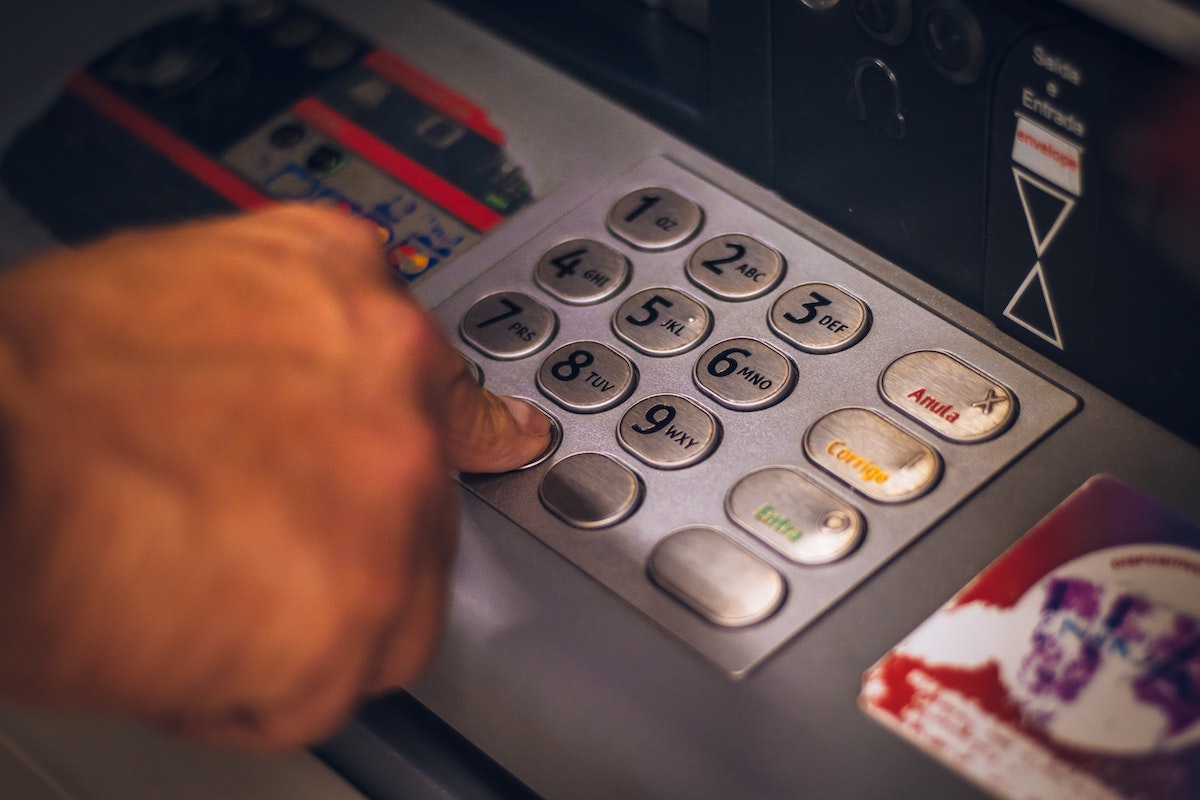
You don’t want your account to get locked! – photo by Eduardo Soares on Unsplash
Otherwise, if you plan to use your credit or debit card outside of the United States, the bank may assume it’s been stolen and you’ll be stranded without funds until the situation is fixed. Most banks have online systems to note your travel dates and locations (though some already have a travel feature built-in if you’ve used that account to book tickets—still good to double check though!).
Be sure that all of your financial tools and IDs are up-to-date and not slated to expire during your trip (or even shortly after). It’s also a good idea to schedule payments on credit cards, cars, loans, and other important monetary obligations ahead of time. If your accounts are on autopay, be sure that you have more than enough to cover those in case you’re offline and can’t respond to an issue.
2: Invest in a Power Converter and Adapter
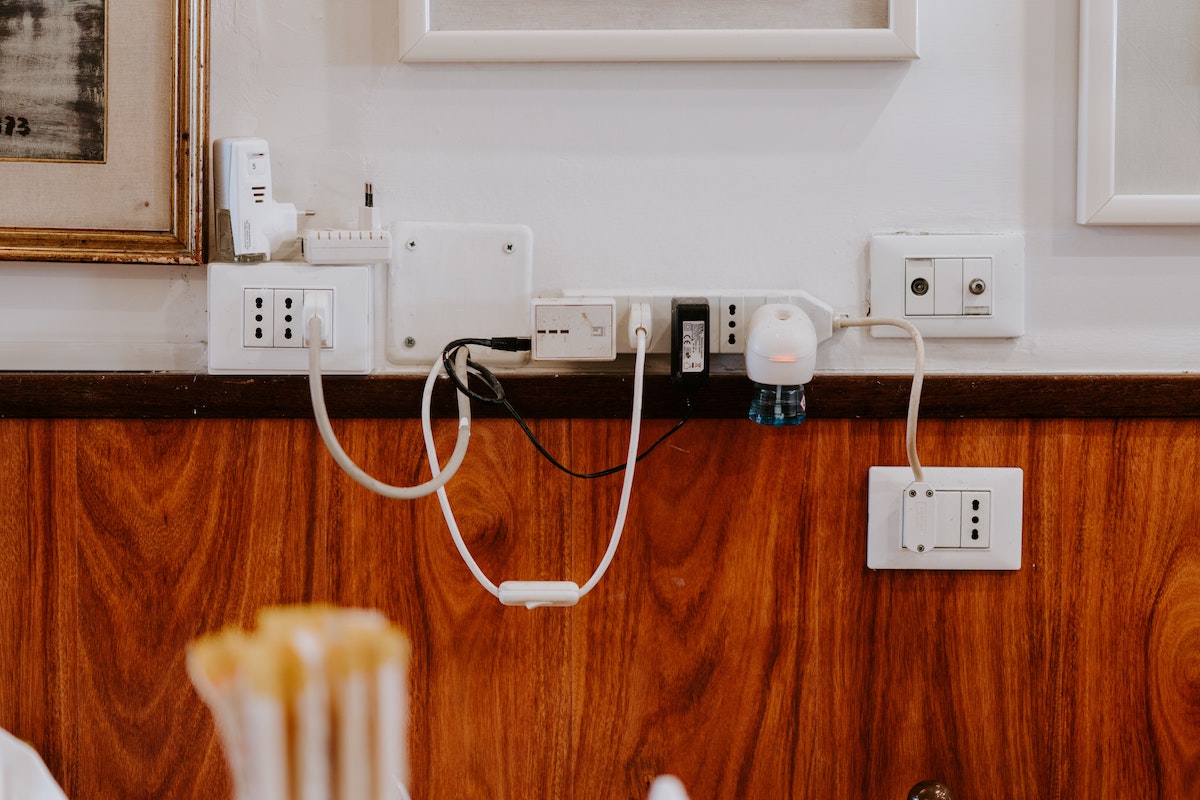
It’s not actually complicated – photo by Claudio Schwarz on Unsplash
Before heading abroad, do some research: will the countries you’re visiting have the same type of electric current as your home country? Some won’t, so to avoid damaging your electronic devices, purchase a power converter, available through online retailers and in many department stores. You also should look at the type of adapter needed for your destination—fortunately many power converters come with a variety of adapters so that you can plug in everything you need with no worries!
When I visited France, Italy, Spain, and Malta, I used a power converter in every hotel to keep my camera battery and other electronics charged. One of my friends accidentally left hers behind and missed out on a lot of photo opportunities—so consider bringing an extra converter in case you tend to be forgetful!
3: Buy a Travel Pouch with a Lanyard
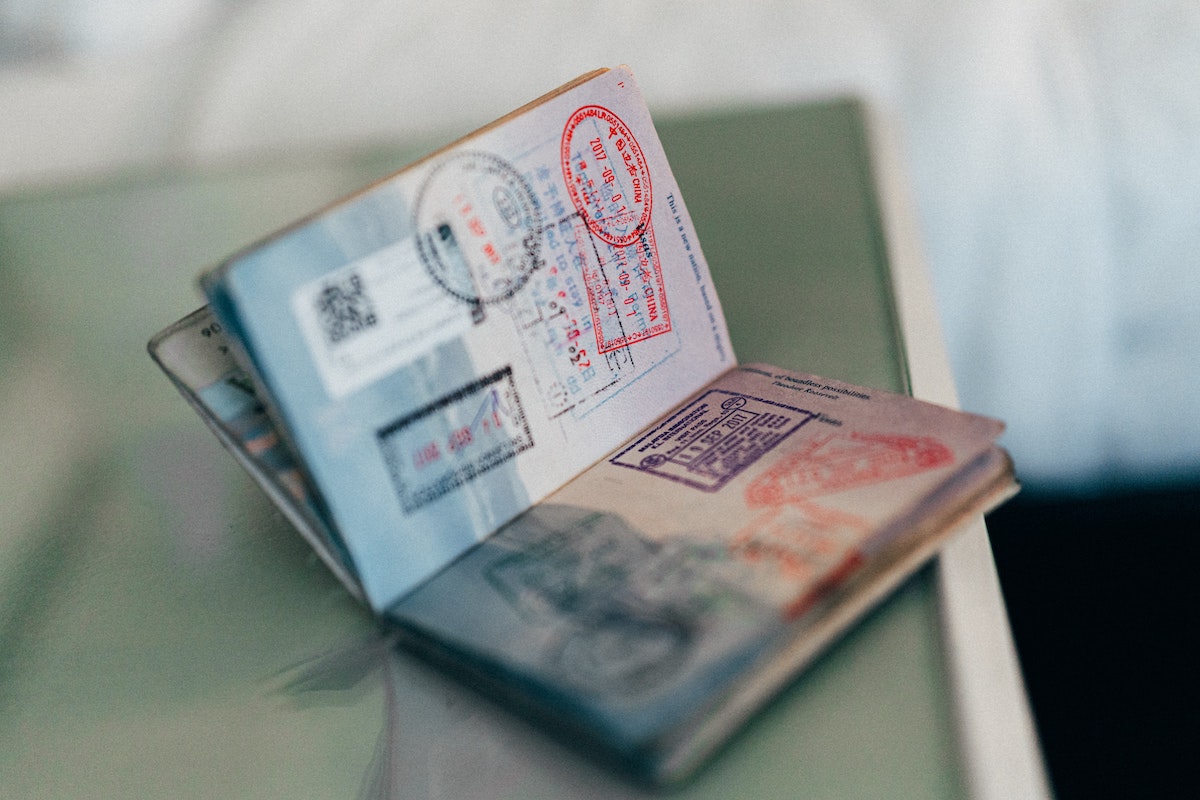
You don’t want your most valuable documents to go missing – photo by ConvertKit on Unsplash
If you’re going to visit a typical tourist location, you likely will encounter a few pickpockets. Keep your passport, money, and any other important documentation in a travel pouch, and wear it underneath your clothes especially if you’re on a short jaunt out (say, if you’re skipping around different ports on a cruise). It’s awkward looking, but it will prevent theft from all but the craftiest of pickpockets! Alternatively, a cross-body purse works great.
While visiting a cafe in Sicily, one of my group members left his wallet on a table for less than a minute as he went to the counter to pay. When he came back, it was gone. Another friend of mine lost the digital camera that was attached to her wrist on a subway in Madrid. Never underestimate people who steal for a living.
4: Packing, Packing, Packing
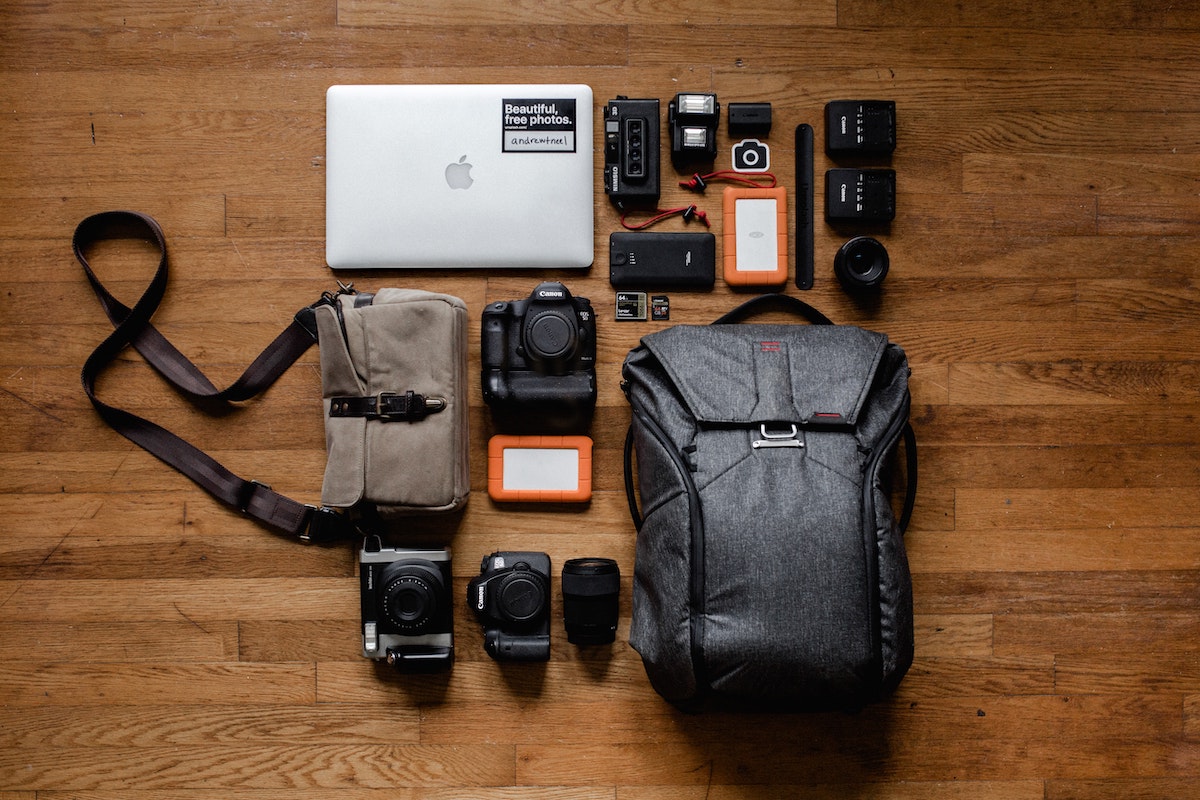
Know what you’re bringing before you start packing – photo by Andrew Neel on Unsplash
Packing can be complicated—your first and most important tool is to make a list. This will enable you not only to get everything you need before your trip, but also to ensure that you don’t leave anything behind in a hotel. Take it with you from place to place.
As for clothing, less is often better. For what you do pack, bring plenty of layered items. Weather can be unpredictable, and you’ll want to be able to add or shed layers easily. It’s also a good idea to purchase powdered laundry detergent or tablets so you can wash your apparel and hang it to dry. When you’re ready to put your clothing in your suitcase or carry-on, roll the items so they take up less space. As a teenage girl with a shopping problem, I found the rolling trick to be invaluable for saving room.
Don’t bring anything that’s sentimentally priceless, such as nice jewelry. Keep all of your most important items (electronics, medications, keys to your home, and more) and a change of clothes in your carry-on in case your luggage is lost. And don’t forget to bring sunscreen—it’s expensive in tourist-heavy destinations.
Suitcase locks are not a good idea unless they’re certified by whichever organization oversees the safety at the airport you are flying out of—for example, the TSA. If airport security is unable to open your lock to inspect your suitcase, they will likely cut it off.
5: Bring a Notepad

Not just for locations and dates, but also thoughts and inspiration – photo by Clay Banks on Unsplash
…to match the numbers of the photos on your camera to the place in which they were taken, if you’re not relying just on a smartphone. And notebooks are just fun to have to write down your experiences and thoughts!
6: Theft-Proof Your House

A doorbell camera can help – photo by James Yarema on Unsplash
Remove as many signs as possible that your home is unoccupied if you will be gone for a couple of days or longer. Stop your mail services and invest in a timing system to illuminate a few lights at random intervals. Invest in a home security system to record activity in a worst-case scenario. If you’re traveling during the winter, ask one of your neighbors to shovel your driveway (for a fee, of course)!
7: Be Flexible with Your Return Date
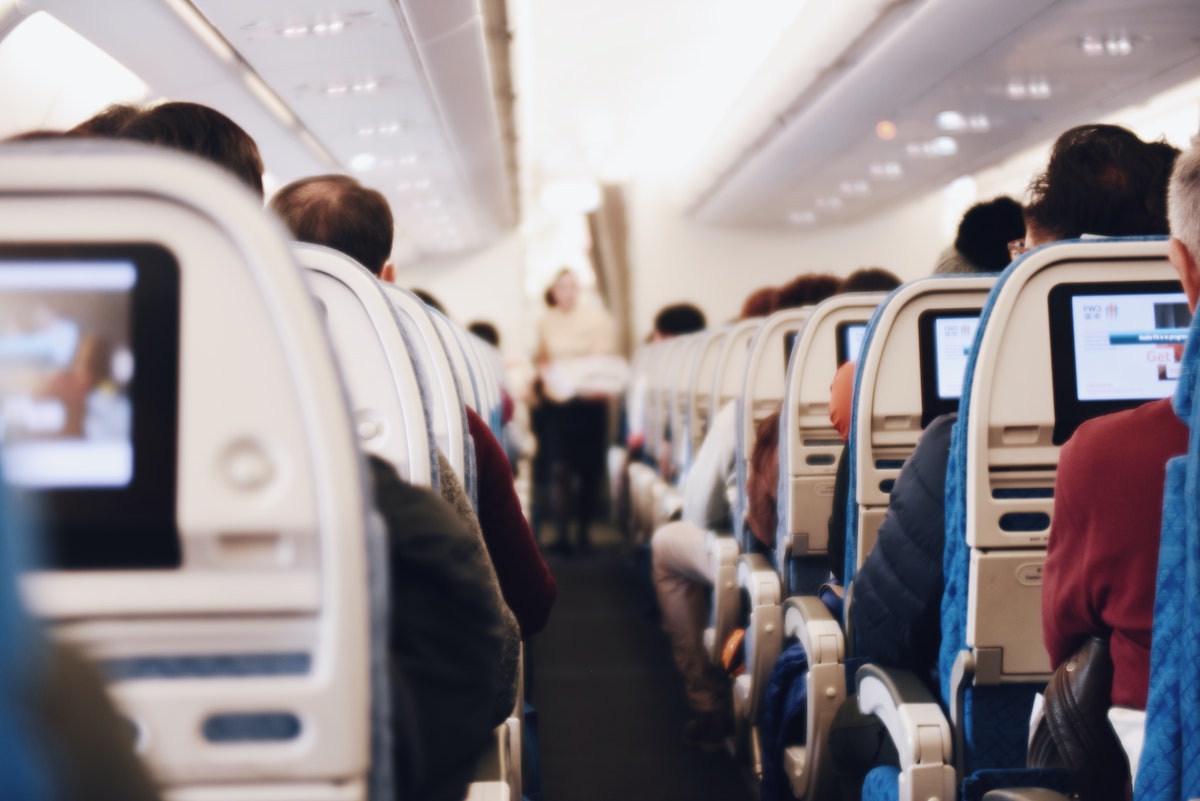
Wait until everybody stands up, and add 30 minutes to that – photo by Suhyeon Choi on Unsplash
Airlines can be unpredictable. Flights get delayed all the time, so don’t plan to arrive home the night before important events like weddings or business meetings. Also leave an itinerary with family or friends so they know where you are and how to contact you.
8: Save Energy While You’re Gone
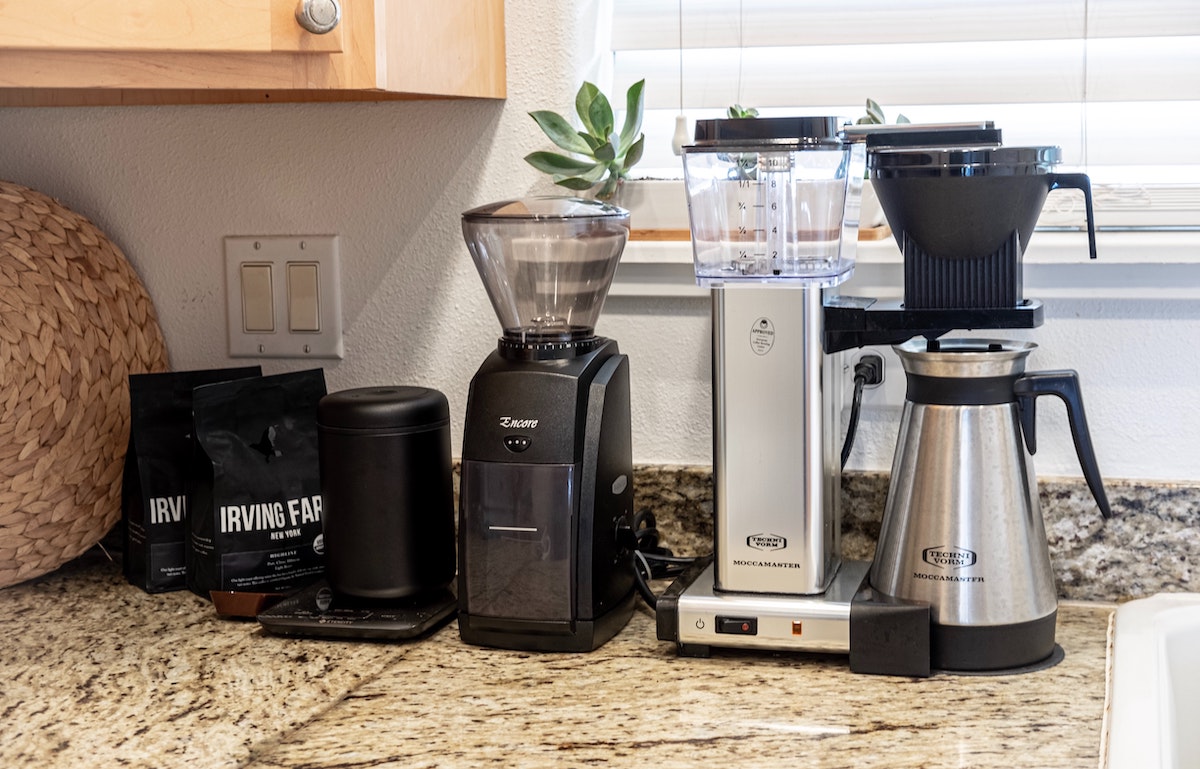
Unplug the things you might forget are plugged in all the time – photo by Daniel Norris on Unsplash
Unplug your unnecessary appliances—they will sap power even if they’re turned off. Also shut off your water to avoid leaks.
9: Clean Everything Before You Leave
There’s nothing more stressful than coming home from a trip to a house that’s filthy or in disarray—and it can cause chaos if it’s something that can rot or grow mold! When I returned home from a trip to Florida, my bed was covered in clothing, books, and other assorted teen girl items that I neglected to put away before leaving, and I promptly shoved it all onto the floor so I could sleep. Putting away all that junk the next morning, in addition to the clothes I had to unpack and sort, was a huge inconvenience. In particular, you’ll want to get rid of all the food that will spoil in your fridge, take out your garbage, and scrub down the bathroom and kitchen.
10: Take a Few Travel-Size Tissue Packets

For days when you need them – photo by engin akyurt on Unsplash
As an American, I enjoy the privilege of utilizing public restrooms that are typically free for people to use. I discovered during a trip to Malta, however, that in some countries, the public restrooms require you to pay for toilet paper—or even the privilege to use the toilet at all. Tissue will be one of your most invaluable tools in an emergency and will save you a little bit of cash.
Featured image via Unsplash.
Information published on this website and across our networks can change over time. Stories and recommendations reflect the subjective opinions of our writers. You should consult multiple sources to ensure you have the most current, safe, and correct details for your own research and plans.
Frayed Passport is a participant in the Amazon Associates Program, an affiliate advertising program designed to provide a means for sites to earn advertising fees by advertising and linking to Amazon.com. We also may share links to other affiliates and sponsors in articles across our website.





